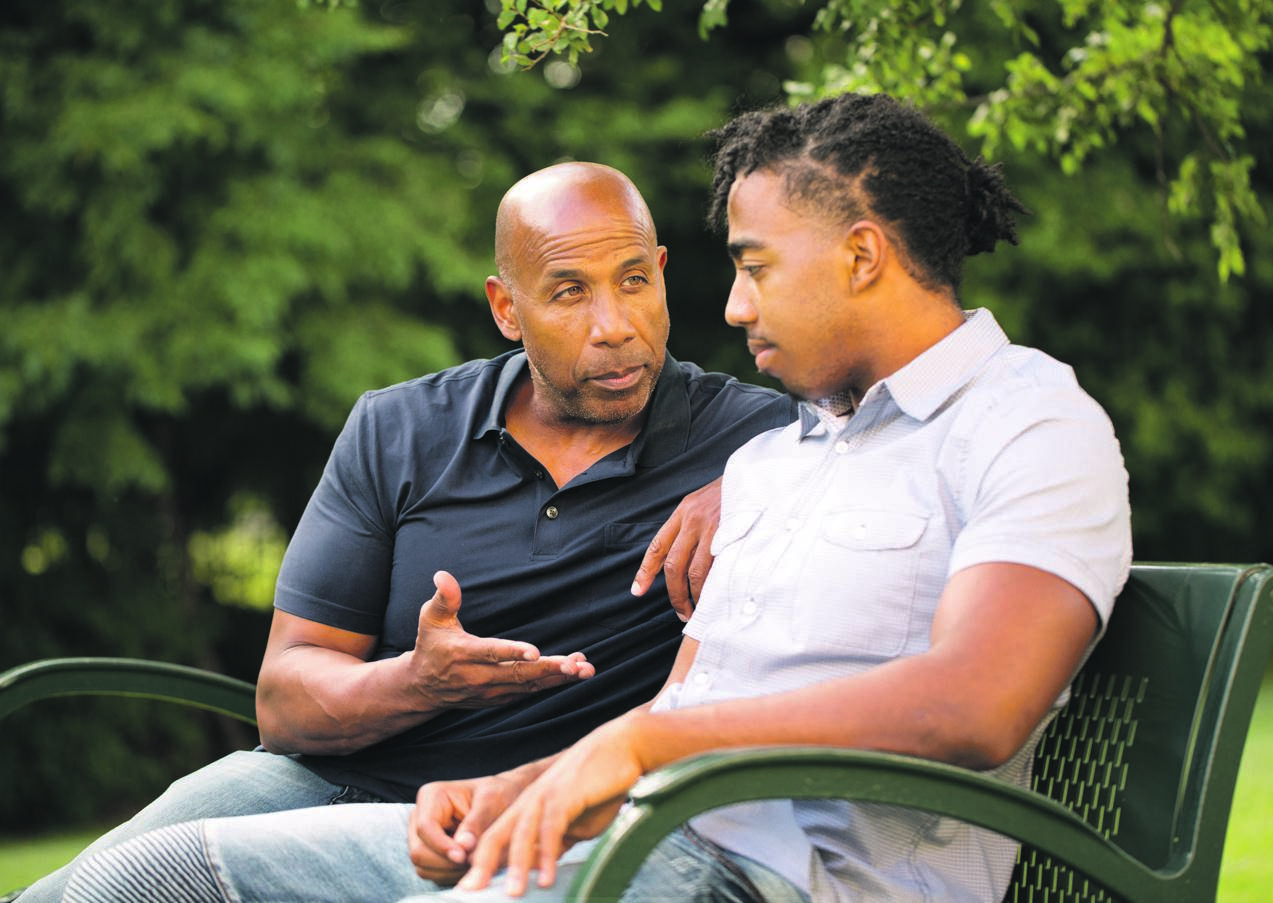
In a world constantly changing due to innovations in technology, shifts in geopolitical power and fluid social conventions, identity is an issue of concern to us all. How, we ask, do we define ourselves in this new world – as a nation, as communities and as individuals?
For boys and men, how gender is defined and the behaviours expected of them have changed very little within a stubbornly enduring patriarchal context, even as the ways of life that originally gave rise to them are changing.
At a time when gender toxicity, gender-based violence, dysfunctional families and violent crimes are so prevalent, how do we redefine male identity and give boys and young men the tools they need to develop a healthy concept of masculinity?
This is a challenge I and a group of fellow citizens have often discussed over the years, turning to people in many different fields for their input.
In exploring the subject, we found that thought leaders from San Francisco to Sandton were united by a single idea: boys don’t need more discipline, they need mentorship.
And in a country such as South Africa, where absent fathers, poverty, unemployment, substance abuse and violence are prevalent in many communities, this is something that black boys in particular seldom benefit from.
The need for positive role models has become even more evident in recent years as ground-breaking medical research conducted at home and abroad is deepening our understanding of the link between adverse childhood experiences and physical and mental health later in life.
In a study on the link between social anxiety disorder (SAD) and childhood trauma published in the South African Journal of Psychiatry in January this year, the authors highlight the fact that SAD is one of the most prevalent psychiatric disorders in South Africa today.
And not only does this have huge social implications, it has a direct and painful impact on the life of every affected individual.
Breaking this toxic cycle therefore needs to be one of our most pressing development goals.
The desire to give boys and young men a way in which to define a new kind of confident, optimistic and engaged masculinity is what inspired a group of us to set up Mentor a Boy Child in 2017.
Working with experts in a number of different disciplines, including education and psychology, we have spent the past two years developing an innovative and sustainable programme that we are now ready to put to the test.
It was therefore with excitement and anticipation that we launched an 18-month pilot programme for boys aged between 14 and 15, which will be expanded to include older age groups in time, on Youth Day this year.
The programme will be piloted at a school in a historically disadvantaged area and will reach 100 youngsters (200 by the end of next year), providing access to structured mentorship through a series of quarterly workshops.
These workshops, which will include inspirational talks, curriculum driven working sessions, one-on-one mentorship and feedback sessions, are intended to uplift, upskill and empower boys in Grade 9 to be the very best men they can be in today’s fast-moving and complex technological society.
With all the challenges we face as a society, we believe that the development of the boy child has been neglected.
Consequently, we urgently need to give today’s adolescents the support they need to become a new kind of caring, engaged and empowered man.
In the face of so many social ills, it’s easy to wonder whether there is anything one can do to change the situation.
The solution lies in focusing on one person at a time and, in this case, in providing youngsters with a safe, supportive and effective process for engaging with the kind of mentors all of us need to become the best we can be.
Our mission is to be a beacon of hope for adolescents on the brink of manhood, to help them to take ownership of their own development and futures, and to enable them to become healthy and effective members of society.
Mbhele is co-founder and chairperson of Mentor a Boy Child, which will host its first workshop in August




 Publications
Publications
 Partners
Partners








